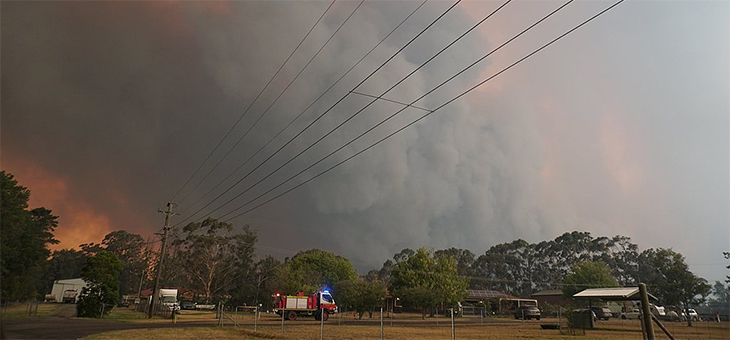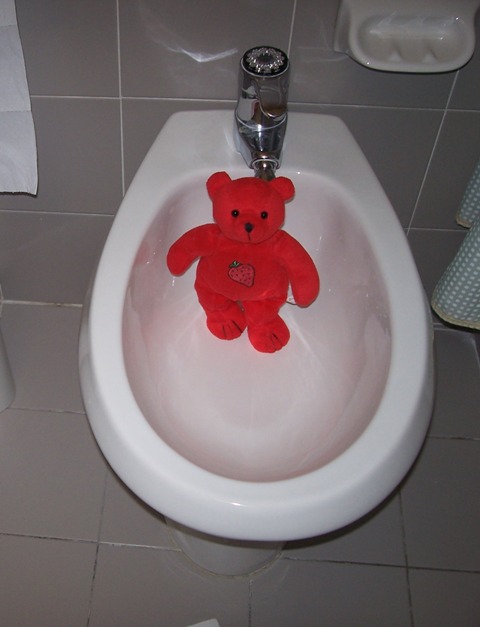Is your home vulnerable to blackouts?

Is your home vulnerable to blackouts? If so, University of New South Wales (UNSW) researchers want to talk to you, especially if you have solar.
The researchers are looking to learn how to improve people's energy supply when the grid fails during fires, floods and storms.
Keeping the lights and fridge on, phones charged, and water pumping is crucial at any time and even more so throughout a natural disaster. Staying tuned in to emergency notices requires keeping the internet, radio, phones and television on. In the Black Summer bushfires some communities were without power for more than a month, severely hampering their recovery.
UNSW researchers Dr Mike Roberts and Dr Sophie Adams want to talk to NSW residents and business owners in regions that have been affected by power outages from storms, fires or floods. They also want to talk to and collect energy data from people with solar, batteries or other energy sources that might help maintain their electricity supply.
The study aims to gain an understanding of the role that solar, batteries and other energy sources, as well as energy management approaches, can play in maintaining electricity supply to regional and rural communities throughout bushfires, floods, storms and other disruptions to the electricity grid.
More information can be found on the project sign up page: http://www.ceem.unsw.edu.au/eskies-energy-resilience-extreme-weather-events.
Do you have suffer from a lot of blackouts in your area? Do you have solar supplying energy to your home?






I have solar panels and would love to be able to use the solar energy during the frequent grid outages. This could be achieved with a battery system to power the inverter however the price of battery systems does not make economic sense for me at the moment. The payback period calculation is improving with the new lower feed-in-tariff however I have a low consumption household and little need to timeshift energy consumption so it will be a while.